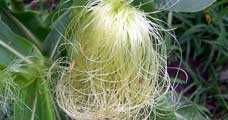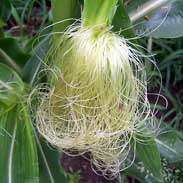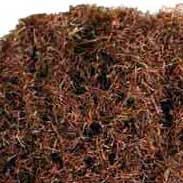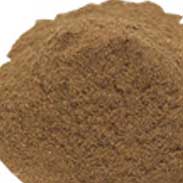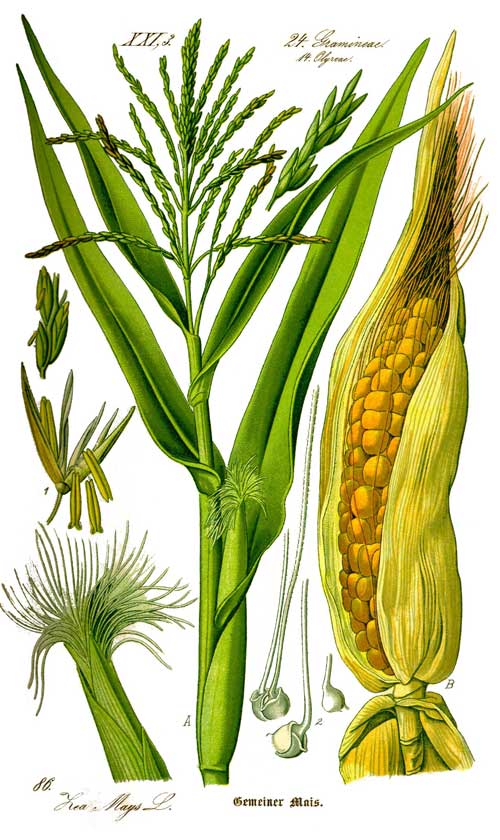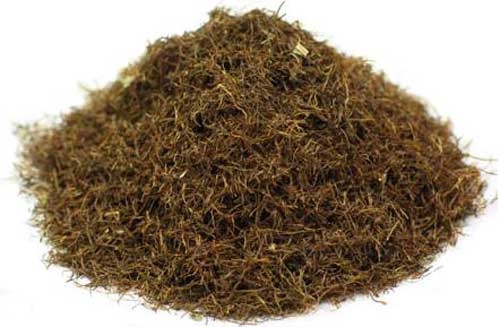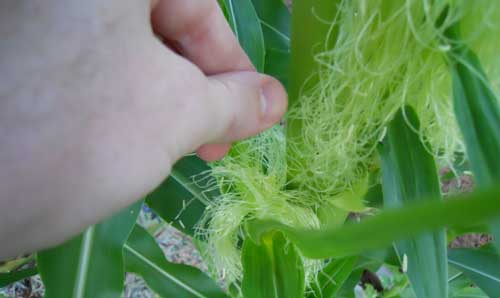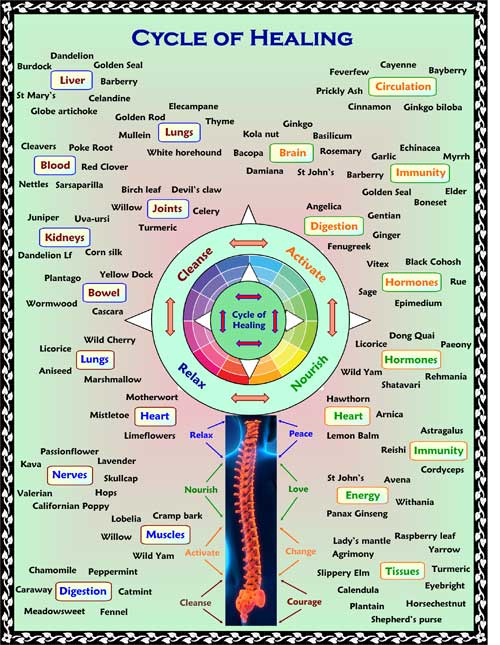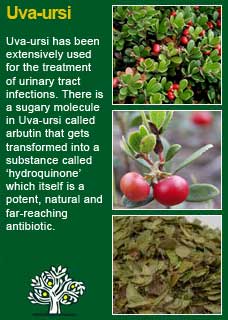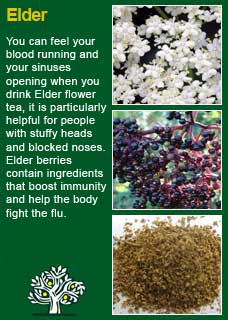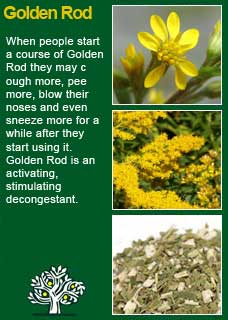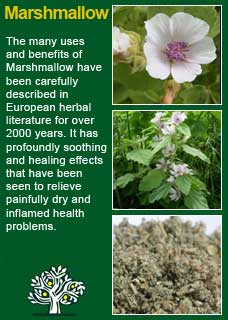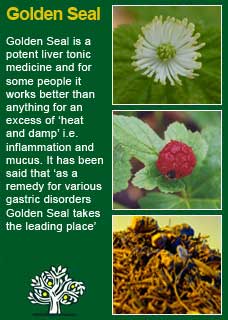
|
|
||||
| Our Pages ABOUT CONSTITUTIONAL MEDICINE
|
In herbal medicine, the part of the corn that is used are the long stigmas, called silks, which grow from the top end of the corn's 'ear'. As you can see below, once they are dried the corn silks look very different to their fresh form, becoming brown, curled, crinkly, and incredibly light-weight.
Corn (or Maize) has been and still is the main food source for many people in the world. For example, it is the most widely grown crop in America and it is the most important food crop in Africa. The main historical and current use of the Corn-silk as a medicine is for the special action of being what is known as a ‘soothing diuretic’. The main problems that Corn Silk has been used to help with are kidney stones and bladder infections, but other urinary tract problems have also seen Corn-silk being used in traditional herbal medicine including an irritable bladder, bed-wetting, prostate gland enlargement and fluid retention. Herb author John Heinerman recounts some great experiences with Corn-silk from conversations with recently retired Texan Urologist Dr. Alxander Fischbien who started by telling Heinerman that 'when he recommended Corn-silk for kidney problems and kidney stones he hadn't gone far enough!' Dr. Fischbien shared how he used Corn-silk and Golden Seal together for treating particularly difficult cases of chronic cystitis and that he found this simple approach always helped. He would instruct his patients to drink two or more cups of Corn-silk tea every day and with each cup to take one capsule of powdered Golden Seal root (equivalent to approx 1-2 mls of the tincture). Dr Fischbien also praised this combination of herbs for treating pyelitis (a painful inflammation of the kidneys), oliguria (diminished excretion of urine) and oedema (retention of fluid) where he says '4-5 cups of Corn-silk tea in a day moves fluid out of the body like you wouldn't believe'. TJ Lyle writes 'Corn Silk should be gathered immediately after its pollen has been shed. It is a demulcent, tonic diuretic. It increases the flow of urine, soothes the kidneys and bladder, and relieves the urine of that strong odour of ammonia which is sometimes present. It cleanses the cysic membrane in the relief of cystic catarrh, and of other morbid deposits showing its influence as an antiseptic. It assists in freeing the circulation of urea and is valuable in the treatment of renal and cystic inflammation' King's Dispensatory writes 'Corn-silk has been found useful in many urinary troubles, associated with renal and cardiac disorders. It has been found of value by physicians in the treatment of cystic irritation, due to phosphatic and uric acid concretions, and in both acute and chronic inflammations of the bladder, whether traumatic or idiopathic. Besides its diuretic effects, the drug seems to be a cardiac stimulant as well. In fact, its diuretic action is largely due to its tonic action upon the heart and blood vessels. It is especially of value in the bladder disorders of children, in gonorrhoea, and in cases where decomposition of the urine is prone to take place within the bladder' The British Herbal Pharmacopoeia (BHP) describes the actions of Corn Silk as 'diuretic & antilithic (stone-preventing) and says it is indicated for 'cystitis, urethritis, nocturnal enuresis (bedwetting) & prostatitis' and specifically indicated for 'acute or chronic inflammation of the urinary system' The BHP recommends doses of 4-8 grams or by infusion and the extract at a dose of 4-8 mls. Thomas Bartram writes that the actions of Corn Silk include 'antilithic, mild stimulant, soothing urinary demulcent, diuretic. He suggests uses for it including kidney & bladder disorders, cystitis, uncontrollable bladder, retention, pus in the urine, bed-wetting, prostate gland enlargement, irritation of the urinary tract by phospatic and uric acids, urethritis. Nephritis, with equal parts Marshmallow. Of special value for bedwetting when combined with Agrimony in equal parts. Bartram writes 'the consensus of professional opinion is that the infusion (the tea) is the best form in which to take Corn-silk; 3-4 tsps to each cup boiling water, infuse 15 minutes & drink freely'.
~ Water based infusions of Corn-silk have been shown to have immune stimulating properties in animal studies with a stimulation of interferon production (a key substance in the body's response to infections) and an observation of increased 'migration of macrophages' (meaning that there was increased activity and movement of the specialised white blood cells that engulf foreign particles) ~ Pharmacological studies (in vitro and in vivo) have shown Corn Silk's remarkable bioactivities as antioxidant, hyperglycaemia reduction, anti-depressant, anti-fatigue and effective diuretic agent. Some of the studies have confirmed the earlier findings and new research discoveries have proven that Corn Silk is safe and non-toxic (Khairunnisa Hasanudin, Puziah Hashim and Shuhaimi Mustafa Molecules 2012, 17, 9697-9715; doi:10.3390/molecules17089697) ~ Laboratory studies have shown that Corn-silk is able to inhibit certain bacteria from sticking to the lining of cells and that it also reduces certain cancer forming compounds - tumor necrosis factor-alpha-induced (Habtemariam S: Plant Med 64(4):314-318, 1998) ~ Corn-silk diuretic action has been proven with studies with human volunteers which have showed that Corn-silk infusions increases the flow of urine beyond the equivalent amount of water by comparison (Rebuelta m et al: Plantes Med Phytother 21:2672-275, 1987) ~ The authors, titles and the 'where-and-when' published of a handful of further studies and articles on Corn silk are listed in a PDF found here
For some years now, against this proven and safe way of herbalism, there has been a rising tide of excessive caution and scare-mongering in many parts of the world. The same authorities that, not so long ago, decried herbal medicines as ineffectual, have now taken up a different adversarial position; that they are dangerous substances that should only be prescribed by Doctors, who of course have zero training in them. Unfortunately, the same unnecessary fear and worry has crept into many natural health websites and popular publications on herbs. Herbs that we have safely used for thousands of years, that have no reports of adverse reactions in the medical literature despite widespread use by millions of people, are suddenly described as contraindicated because of something that should have been seen as completely unimportant, or at the utmost a merely theoretical concern, such as a laboratory study on one of the herb's constituents to use an all too common example. I wonder sometimes if the writers of such articles feel that the herb will be more deserving of respect if it is thought to be a little bit dangerous, in other words more like a drug than something that has simply come out of the earth and been used by ordinary people for generations beyond count. There is just so much misinformation about herbal medicine on the internet now. Ludicrous claims and cautions abound in equal measure; it seems like one group are trying to make money out of the public whilst the other are busily trying to scare them off. I have to believe that the kind of reader who takes the time to read pages on herbs that are as extensive as this one is much less likely to be swayed by marketers or misinformers. I hope that you will keep your wits about you if you get conflicting opinions from people who have never really got to know these herbs, who have never worked with them, or learned how to use them safely and effectively. I want to remind you that the reason that herbs can never be patented and owned by any individual or corporation is because they are, and always will be, the People's medicine. They belong to all of us and it is my great hope in sharing this work that you will learn how to use them wisely for yourself, and the people you care for. Be safe, but do not be afraid.
I have used a great deal of Corn-silk in tea and tincture form when people are experiencing painful urinary tract problems. So long as I use it in sufficient doses I know it will rapidly ease pain and assist healing. I think of Corn-silk as a sort of 'more liquid' version of Marshmallow root. Just as Marshmallow can rapidly ease the torments of a sore throat or a dry cough so can Corn-silk give tremendous relief to the painful passage of urine. Corn-silk tea in particular has a marvelously soothing quality but both tea and tincture feel super silky and smooth all the way down. If you who are reading this are studying herbal medicine or if you have your own reasons to want to understand this plant ally at a deeper level, then I warmly recommend you make a tea of Corn Silk and then drink it with a quiet and attentive mind. The palpable 'action' of the herb that I am sure you will immediately be able to feel in your body will give you a greater appreciation of how well this simple remedy can soothe and heal than anything you could learn about it in the abstract. Further to this, if you would like to learn more about the ancient art of pulse testing, a simple but powerful way to ask the intuitive intelligence of the body for its responses to a herb by feeling the pulse whilst giving a tiny dose by mouth, read here Corn-silk is a herb that needs to be given confidently until its benefits have obviously been received. In acute, painful urinary tract conditions it can safely be recommended to take as much as 10-15 grams a day in divided doses. This is a large amount of herb (approximately one large handful if you don't have a scale that measures grams) and at least one litre of freshly boiled water is needed to extract it for a good 20 minutes after which it can be strained off and drunk through the day. This treatment should rapidly avert the crisis. When used alongside other urinary tract herbs Corn-silk may not require such high doses to receive its benefits. We frequently use a combination of Corn-silk, Uva ursi,, Elder Flowers and Golden Rod to treat cystitis and find that just 3 heaped tsps. of this mixture in a cup of water is highly effective if taken as often as needed, once a day to prevent recurrence, 3-4 cups a day to treat acute infection, this is all written up in more detail in the article on treating UTIs here As mentioned above Corn-silk combines especially well with Golden Seal and is likewise particularly helpful with Marshmallow root for pain and inflammation.
Much of the information here about the traditional uses of Corn-silk is consistent with the model of thinking whereby one may treat problem A with plant B. There is value in this approach in how it helps us pass on useful knowledge but it falls short in one vital area which is that people are not all cut from the same cloth! Corn-silk can work brilliantly for one person but less well for another with the same symptoms-- why is this? Part of the reason is that people vary in their constitutions as to whether they are either hotter or cooler and, at the same time, either dryer or damper. This useful and rather fascinating subject is introduced further here Another big part of using the right herb when it is most needed comes from understanding the need to treat what is going wrong for the person that had led up to their getting a health condition. In this light, Corn-silk can particularly offer its benefits when a cleansing action is needed in the 'cycle of healing', more about this here
Please understand that I cannot advise you, including on products or dosage, without seeing you in person in my clinic but for ideas
on how you might find a good herbalist in your area read here |
|
|
© 2011 R.J.Whelan Ltd
